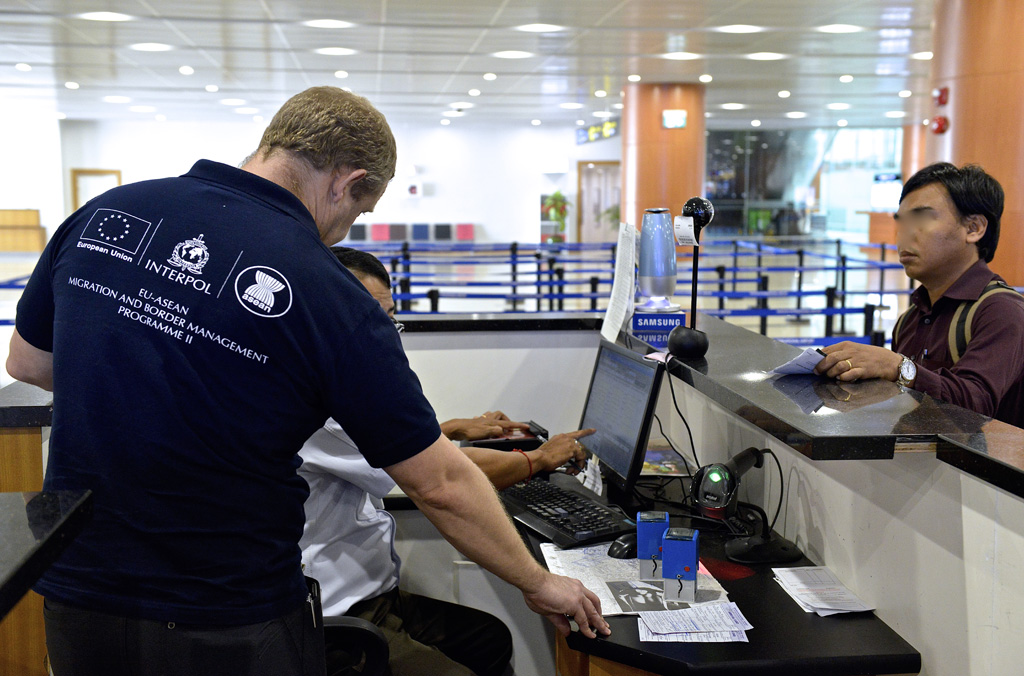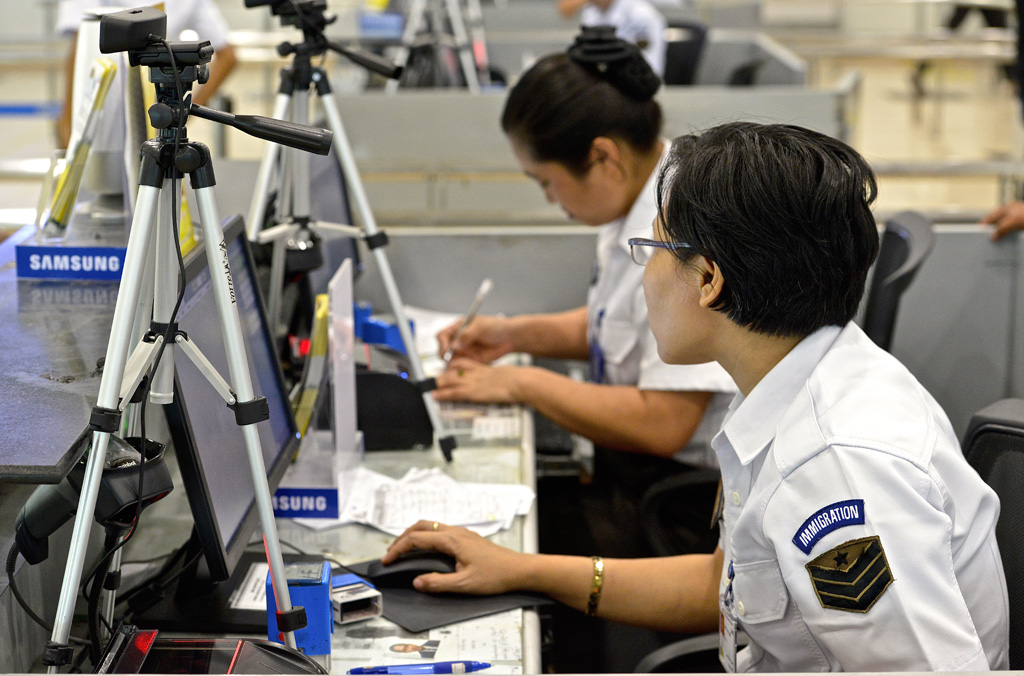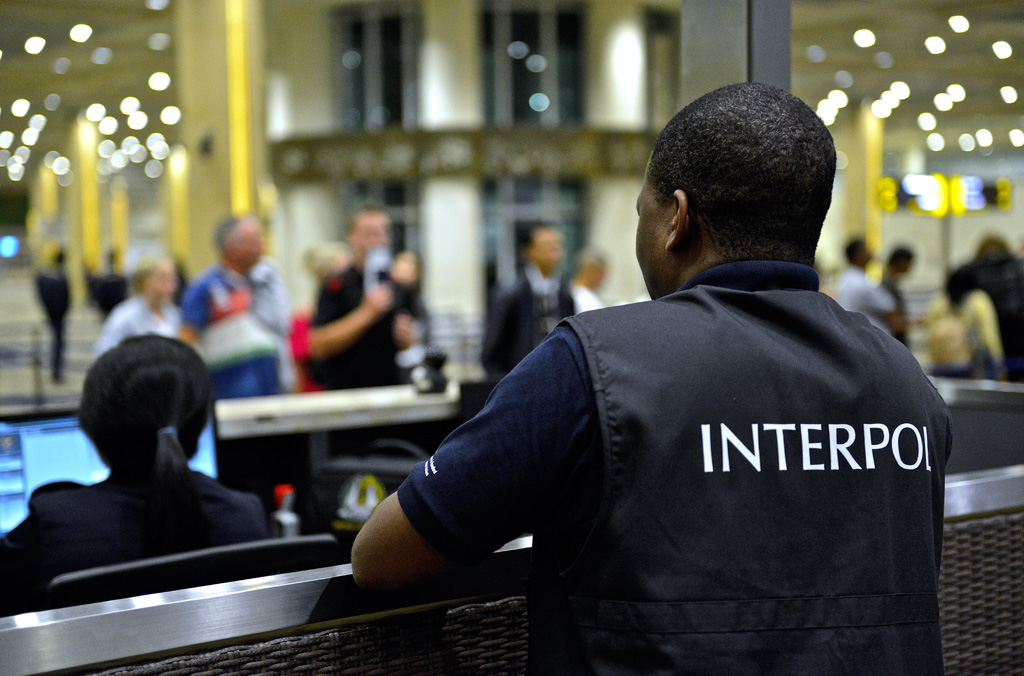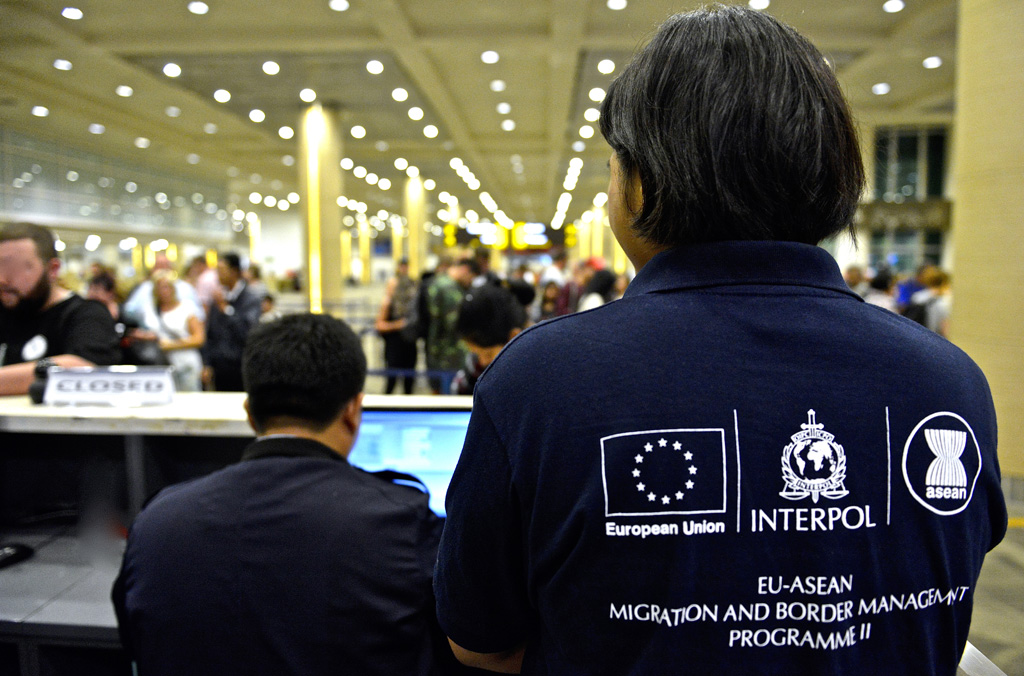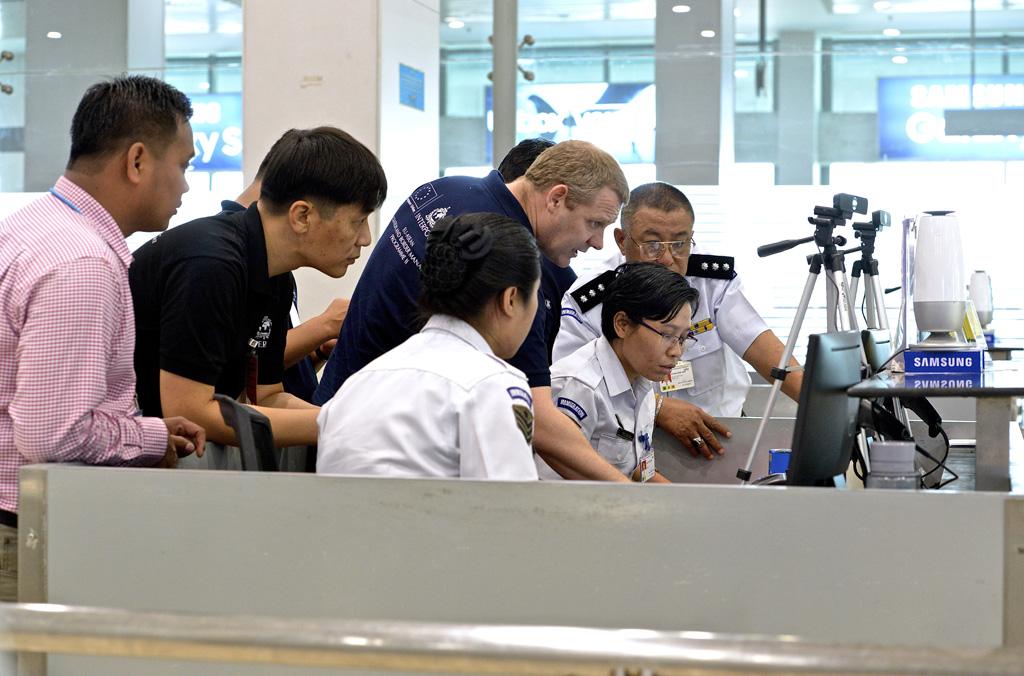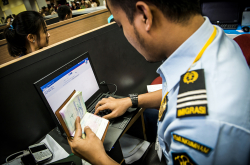SINGAPORE – An INTERPOL-coordinated border security operation targeting the movement of criminals and terror suspects in Southeast Asia led to the identification of individuals wanted for serious crimes.
Operation Red Lotus III (23 April – 15 May) was conducted at international airports in Indonesia, Myanmar and the Philippines. During the operation, police and immigration authorities performed 21.5 million checks against INTERPOL’s databases.
This resulted in 184 potential threats identified, including the detection of 49 internationally wanted persons targeted by INTERPOL Red Notices. Four fugitives wanted on murder and fraud charges were arrested during the operation.
In addition, two stolen blank Mexican passports registered in INTERPOL’s Stolen and Lost Travel Documents (SLTD) database were detected, and the information was provided to the Mexican authorities.
“The capacity building and operational support provided by INTERPOL on such border security operations is an important way for police and immigration officers in the Philippines to develop their skills in the field, so that we are best prepared to keep our country’s citizens safe from all manner of threats,” said Allan Guisihan, Undersecretary and Executive Director of the Philippine Center on Transnational Crime, and Head of the INTERPOL National Central Bureau in the Philippines.
Operation Red Lotus III was held under the auspices of the EU-ASEAN Migration and Border Management Programme. Funded by the European Union and implemented by INTERPOL’s Capacity Building and Training unit, the three-year programme works to improve border security in the region by strengthening law enforcement networks at transit hubs across all 10 ASEAN member countries.
Several training sessions were conducted in advance of the operation, which saw 135 frontline officers trained on the use of INTERPOL’s global policing capabilities. These include its international notices system, global databases and I-24/7 secure global police communications system.
Tim Morris, INTERPOL’s Executive Director of Police Services, said: “Implementing strong measures at national borders by extending access to INTERPOL’s policing capabilities is key to preventing the movement of potentially dangerous individuals.
“When officers on the frontlines have access to critical information at their fingertips, they can quickly identify and react to potential threats, thereby increasing national, regional and international security,” added Mr Morris.
The operation was conducted under the umbrella of the INTERPOL Integrated Border Management Task Force, which assists member countries in enhancing their border security through operations, training and working with international partners to share expertise.
Countries involved
Related news

Breakthrough in longstanding Dutch missing person case
11 October 2024
INTERPOL welcomes new DNA legislation in Belgium
11 April 2024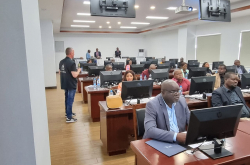
Border security threats focus of STOP operations in Africa
8 December 2023





